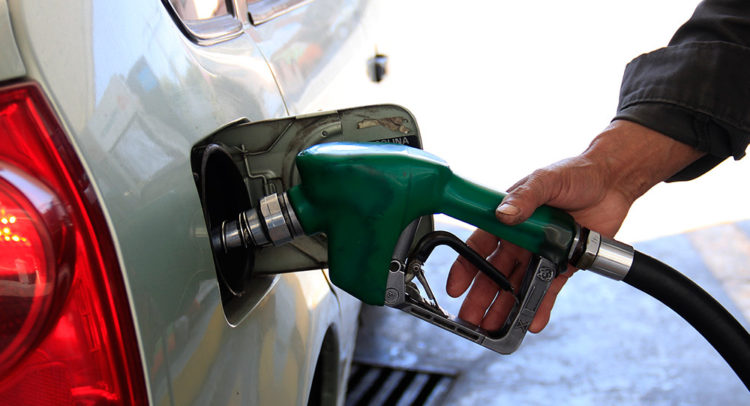The next government is politically obliged to reduce the prices of gasoline after the campaign promises of the president-elect, Andrés Manuel López Obrador. However, this means a fiscal sacrifice, such as eliminating the IEPS for fuels, analysts from the energy sector agreed.
Víctor Rodríguez Padilla, professor at the National Autonomous University of Mexico (UNAM) and founder of the Citizen Energy Observatory, and Ramsés Pech Razo, energy sector consultant at Caravia y Asociados, commented that politically the next president should make that decision “because the commitment is strong with the voters who went to the polls on July 1.”
They pointed out that if the government wants to send a true signal of a change in the fuel price policy, there has to be a reduction in the price of gasoline.
Both specialists estimated that the reduction can be between 1 and 1.5 pesos per liter.
According to the different applications that allow to monitor fuel prices, Magna gasoline sells at 19.09 pesos per liter, so the reduction of up to 1.5 pesos can bring it to trading at 17.59 pesos. In the case of Premium, which is offered at 20.79, a decrease in that proportion will take it to 19.29 pesos.
The experts acknowledged that there are few mechanisms that the new finance secretary has to make the adjustments.
Pech Razo assured that among the alternatives is to eliminate the IEPS. “Eliminating this tax would help lower the price up to 1.5 pesos,” he said. The tax that is applied to fuels gave public finances 200 billion pesos in 2017, equivalent to three times the budget granted that same year to the Ministry of National Defense (69 billion) and twice as much as the one of Social Development (105 billion).
The consultant of the firm Caravia y Asociados said that the elimination of the IEPS would be an important step because until now the price has been artificially maintained.
He said that the IEPS is contemplated in the Income Law and the decision to eliminate or maintain the levy “is in the new Congress, but it is one of the opportunities that the authorities have today to reduce the prices of gasoline.”
The expert mentioned that there are three factors that influence fuel prices: the price of a barrel of oil (external and of which there is no control), the exchange rate and the IEPS.
He insisted that in practice the two variables that can be controlled are IEPS and the exchange rate.
Víctor Rodríguez Padilla commented that the immediate problem to reduce prices is to calculate with as much certainty as possible how much that reduction can be.
“It’s a political decision that is going to have fiscal consequences, but it’s going to have to be done,” he said.
Text: El Universal










